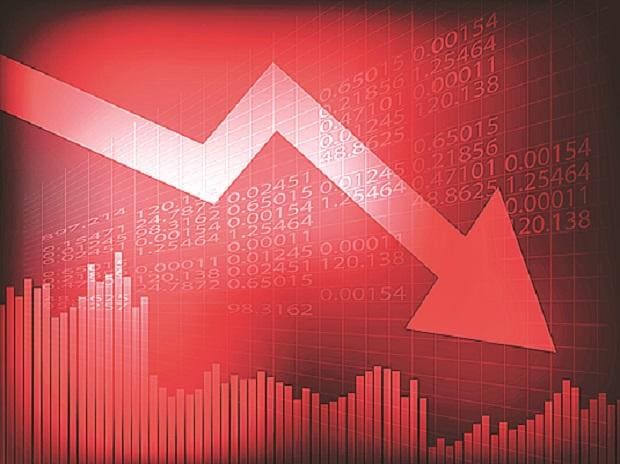Ocean freight is the cost incurred through an agreement between two foreign parties to bring goods to India via ocean.
The
Gujarat High Court has declared imposition of integrated goods and
services tax (IGST) on ocean freight as violative of the
Constitution. Ocean freight is the cost incurred through an agreement
between two foreign parties to bring goods to India via ocean.
Allowing
petitions against the tax, the court said the levy and collection of
tax on ocean freight was not permissible under the law.
“The
taxability dispute on ocean freight has been finally decided by the
court to hold that taxing the ocean freight is ultra vires and leads
to double taxation,” said Abhishek Rastogi, partner at Khaitan &
Co. Petitions are also pending before the HCs in Delhi and Mumbai, in
this matter.
Explaining
the case, Rastogi said a provision in the Central GST Act permitted
levy of both basic Customs duty and IGST
on the cost, insurance and freight (CIF) value of goods brought into
India, as well as an additional IGST component on ocean freight
between two foreign parties for movement of such goods.
For
instance, if goods come from Washington to London and are shipped
further to Mumbai, there is an element of ocean
freight between the parties in Washington and London. This could
include steamship costs, broker commissions, duties and tariffs,
vessel and port maintenance costs, and labour costs, etc.
The
petitioners have raised questions on the additional tax levied on the
ocean freight element, when the basic customs duty and IGST are
already paid on the CIF value. This indicates double taxation, given
the ocean freight element already includes CIF.

